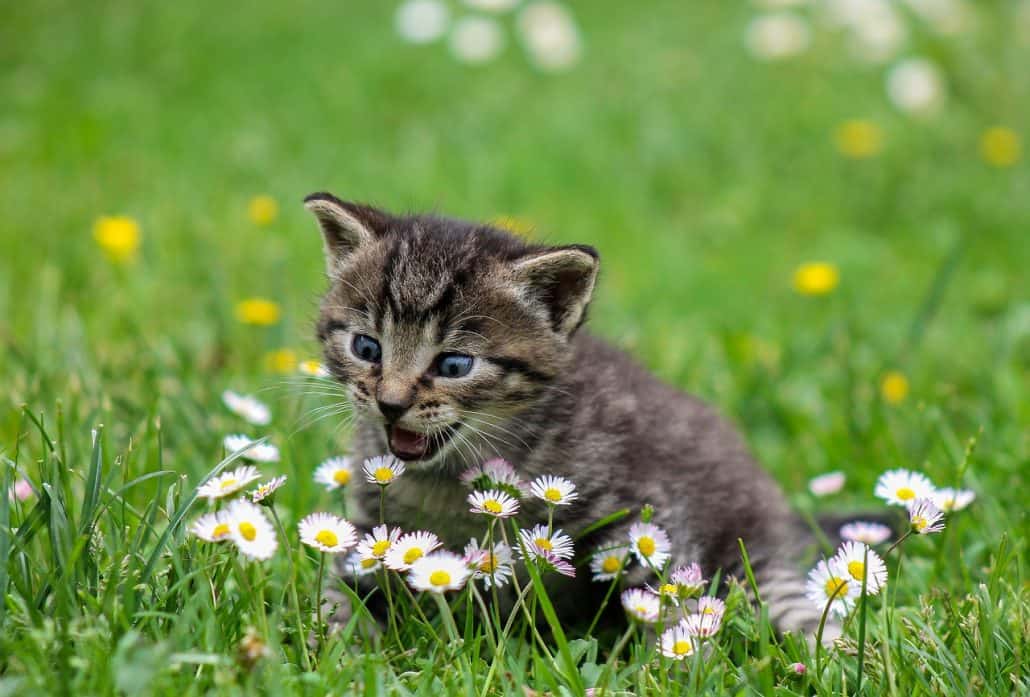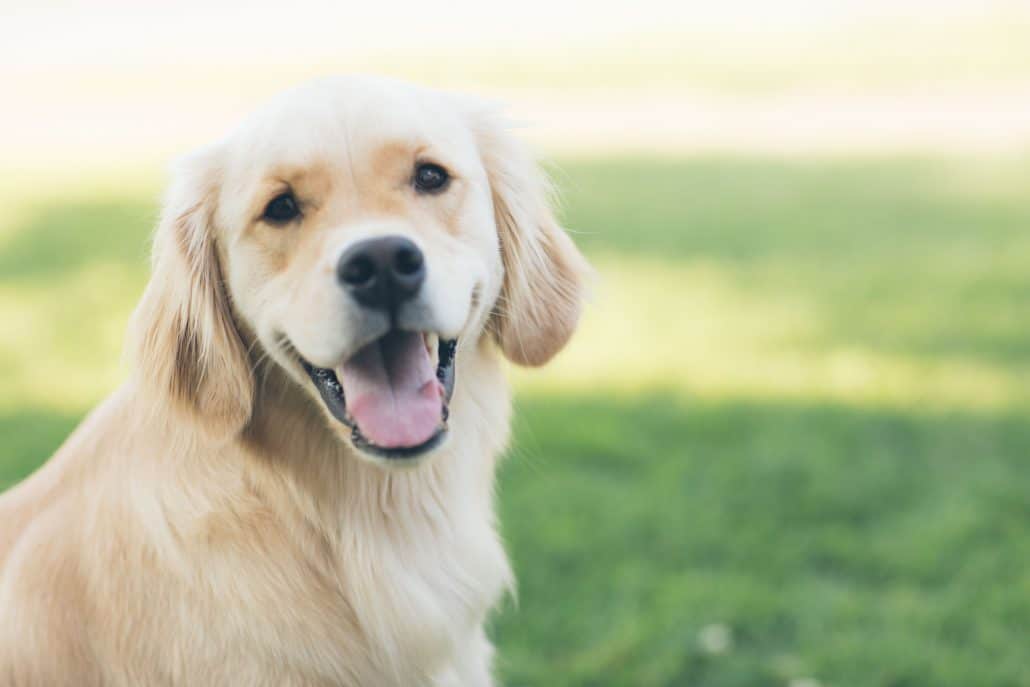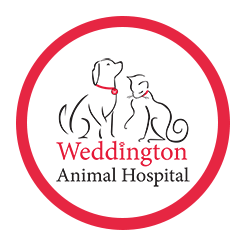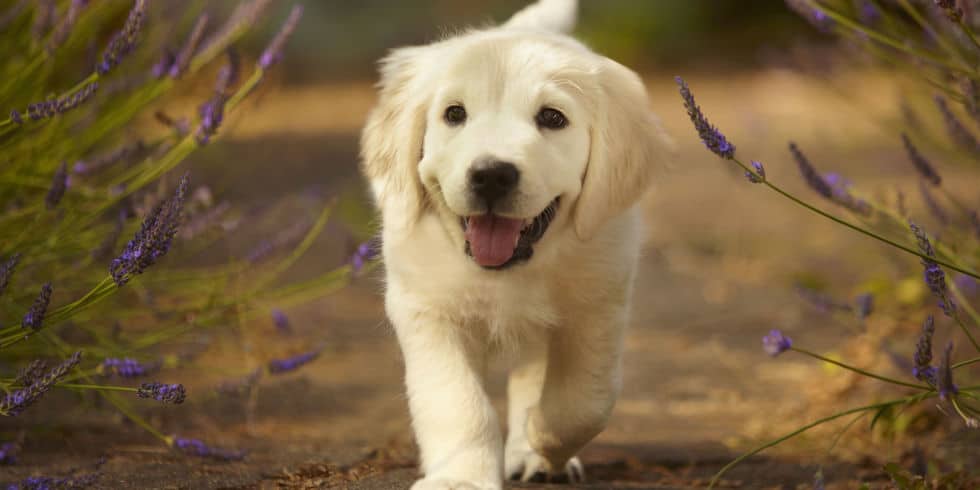 Does your pet have stinky breath? Did you know that pets need a dentist too? Dental care is an important aspect of your pet’s day to day health. Ensuring your pet receives regular check-ups with your veterinarian can help identify dental disease before it becomes an issue for your pet. Preventative care, such as tooth brushing or dental chews, can be helpful to decrease the buildup of dental tartar or plaque over time. Routine dental care and cleanings can help improve your pet’s overall health, whether they are young or a senior. There is no perfect number for the amount of dental cleanings your pet will need throughout its life – some breeds of dogs and cats are more prone to dental disease and may require more frequent cleanings. Diet, lifestyle, and other aspects of your pet’s life can also impact their dental health. It is important to discuss your pet’s dental health with your veterinarian at each visit and determine what is best for your pet’s individual health and lifestyle.
Does your pet have stinky breath? Did you know that pets need a dentist too? Dental care is an important aspect of your pet’s day to day health. Ensuring your pet receives regular check-ups with your veterinarian can help identify dental disease before it becomes an issue for your pet. Preventative care, such as tooth brushing or dental chews, can be helpful to decrease the buildup of dental tartar or plaque over time. Routine dental care and cleanings can help improve your pet’s overall health, whether they are young or a senior. There is no perfect number for the amount of dental cleanings your pet will need throughout its life – some breeds of dogs and cats are more prone to dental disease and may require more frequent cleanings. Diet, lifestyle, and other aspects of your pet’s life can also impact their dental health. It is important to discuss your pet’s dental health with your veterinarian at each visit and determine what is best for your pet’s individual health and lifestyle.
Signs Your Pet May Need a Dental Cleaning
- Smelly/ bad breath (halitosis)
- Drooling
- Red or bleeding gums
- Not wanting to play with toys
- Decreased activity
- Decreased appetite
- Yellow, discolored, or broken teeth
- Pawing/ licking at the mouth
Some pets may not show any outward signs that they are in pain and may continue eating even with severe disease in their mouth. It is important to consult your veterinarian and ensure your pet is regularly examined to help identify dental disease before it becomes a severe issue. Cats are even more stoic about their dental health and may not give any indications of their teeth being an issue.
What Does a Dental Cleaning Entail?
Unlike their human partners, most pets will not willingly sit in a chair and open their mouths for a dental cleaning. Dental cleanings in animals are performed under general anesthesia to help increase your pet’s comfort level and minimize stress. Each pet is screened and bloodwork is performed prior to the dental procedure to ensure they are healthy enough to undergo anesthesia. After they fall asleep, they are carefully monitored by trained veterinary staff. Each tooth is examined thoroughly by a veterinarian to assess its individual health. Occasionally, dental x-rays are taken to help examine the tooth root and if it is healthy. If any teeth are deemed unhealthy or infected, they may be removed. A thorough cleaning is performed of your pet’s teeth using a dental scaler and a polish to remove the plaque and calculus that has built up over time. The tools used in pets are very similar to those used in human dentistry. After your pet’s procedure is complete, they will wake up with fresh breath and a healthier smile.
Some pet owners are surprised by how much better their pet feels after a dental cleaning if pain or disease was present. Often, dogs will begin to play with toys again and owners report they are acting like a puppy.
 When Is the Right Time?
When Is the Right Time?
Dental care can be instituted at any time during your pet’s life – it is best to start young to help slow the buildup of tartar. The best way to improve your pet’s dental health is through brushing their teeth! With a gradual introduction and making the experience positive, most pets will tolerate brushing well and it can even be a fun activity. Using a soft-bristled toothbrush and a small amount of pet-safe toothpaste or warm water can help prevent tartar build up over time. It is best to start slow – get your pet used to lifting their lip with your finger and give them a treat, then slowly introduce the toothbrush, making each experience positive and using lots of treats!
If your pet is not as amenable to brushing their teeth, there are other ways to help improve dental care. Dental treats such as greenies, oravet chews, or even dental health prescription diets can be great ways to decrease tartar build up over time. The Veterinary Oral Health Council has a great website with approved dental products for your pets. For more information, please consult your veterinarian to create a dental health plan for your pet.
Routine Preventative Management
Dental health is an important aspect of veterinary care and routine preventative management and dental cleanings are useful to help your pet life a long, healthy, and happy life. For any questions or if you would like to schedule a dental cleaning for your pet, please contact Weddington Animal Hospital at 704-847-8466 or email us at wah@wahcares.com

